Coming Up at the Center for BrainHealth®
APRIL 12
Sips and Science
The Power of Observation
6:30 PM RECEPTION, 7 PM LECTURE
Bonnie Pitman
Director of Art-Brain Innovations
centerforbrainhealth.org/calendar
MAY 3
Sips and Science
The Science of Emotional Intelligence
6:30 PM RECEPTION, 7 PM LECTURE
Bill Benjamin
WHERE ‘SELF’ LIVES IN THE BRAIN
page 4 DR. VINCE CALHOUN: THE JANE AND BUD SMITH CHAIR
page 8
MAY 3
Reprogramming the Brain to Health Symposium
Measuring Brain Health
7:30 AM TO 5 PM
In partnership with the Helen Wills Neuroscience Institute at UC Berkeley
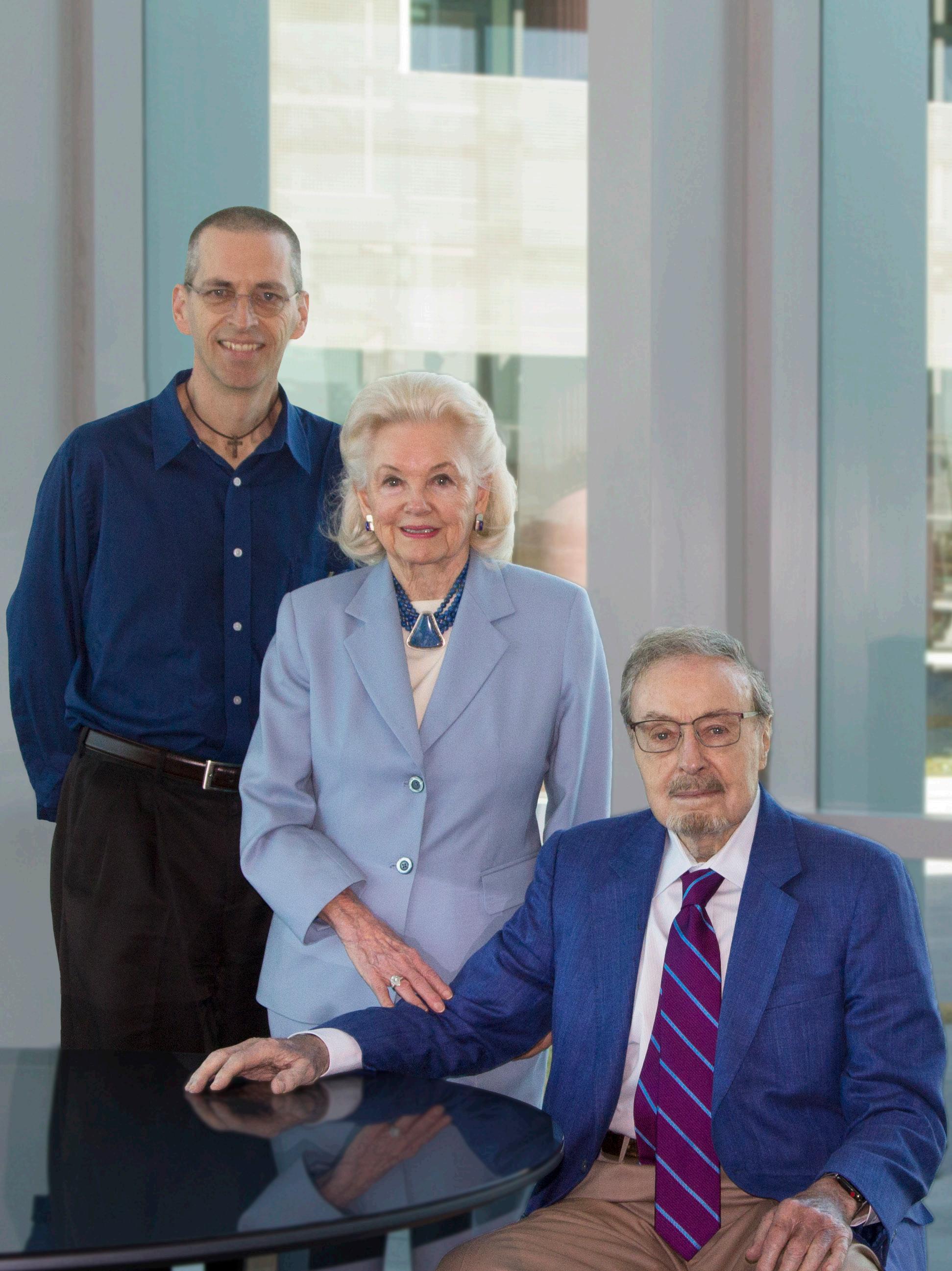
For cognitive scientists, neuroscientists, physicians, psychologists, rehabilitation specialists, researchers, educators and students.
centerforbrainhealth.org/research-symposium-2018
MAY 5
RSVP for the TAG Derby Party
Young Professionals Supporting BrainHealth
DALLAS ARBORETUM
2018 funds support a cognitive training collaboration with the Dallas Police Department. centerforbrainhealth.org/tag

INSIDE THIS EDITION OF BRAIN MATTERS
MAY 19
Highland Capital Warrior and First Responder Reunion Celebration
Fluor Corporation Lecture
6:30 PM RECEPTION, 7 PM LECTURE
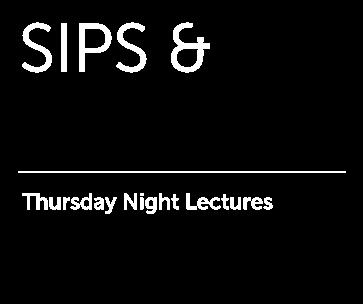
John Tiegen
Co-author of 13 Hours: The Inside Account of What Really Happened in Benghazi centerforbrainhealth.org/calendar
JUNE 11 TO 22
Register Now for Summer Camp
Teen SMART Camp
9:30 AM TO 2:30 PM, MONDAYS THROUGH FRIDAYS
For students entering grades 6 to 11. centerforbrainhealth.org/programs

• BrainHealth Research Reveals Timing of Brain Oxygen Delivery Is Vital to Health Cognition
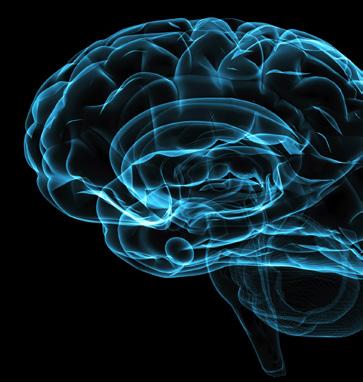
• Ka Cotter to Lead Center for BrainHealth Advisory Board
• Expert Insights from The Brain: An Owner’s
Speakers
DONOR PROFILES:
Bea Wallace Capital for Kids
The Folsom Family Moozie Foundation
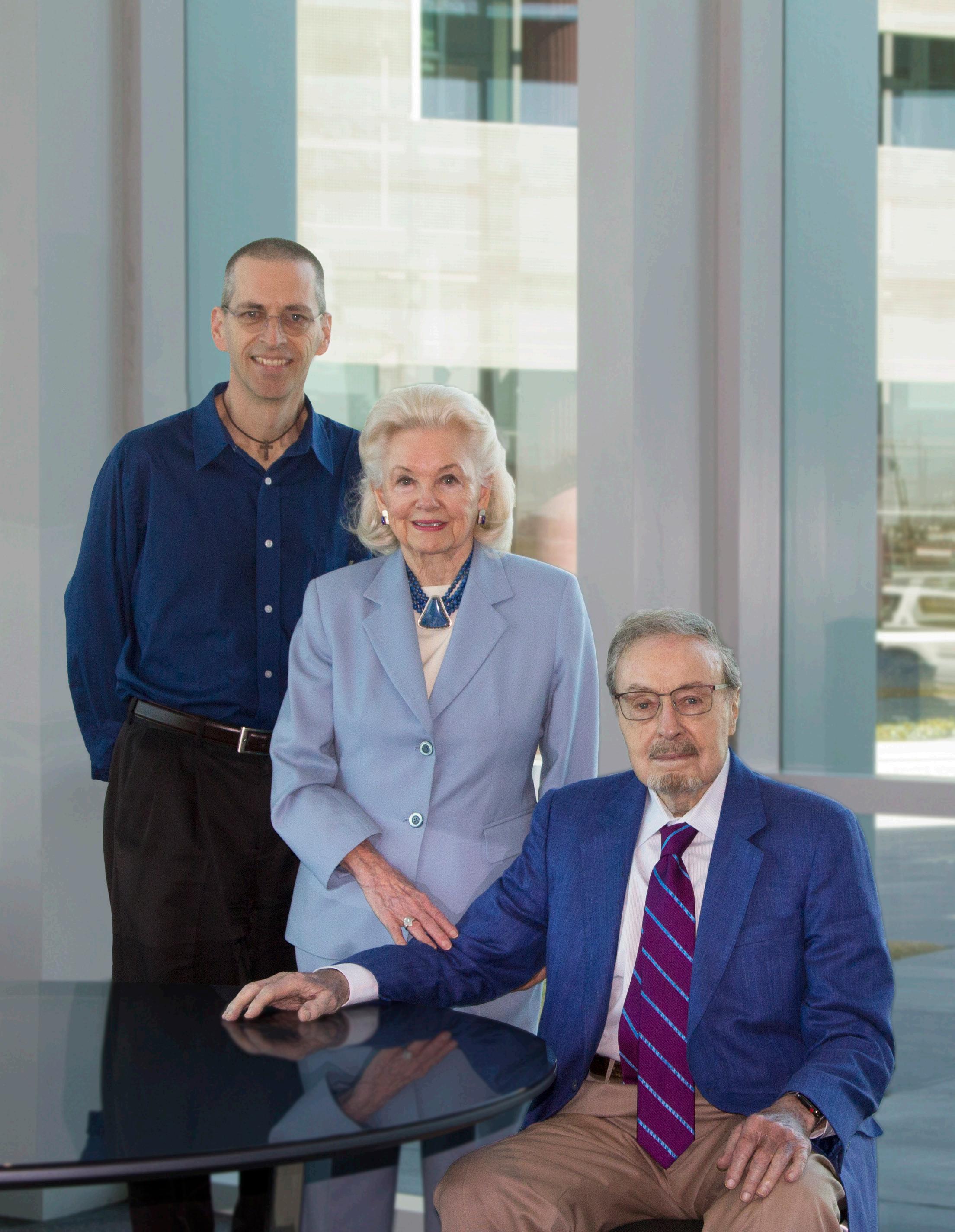
Kim Hiett Jordan
Garry Allen Weber
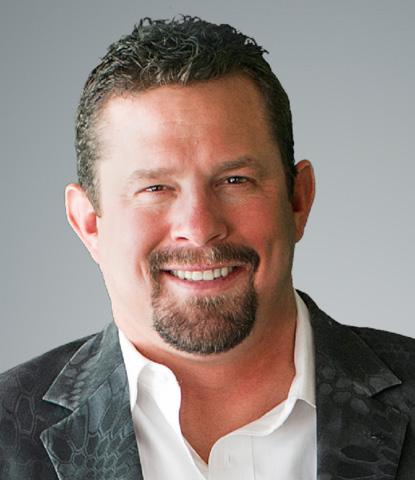
Guide
Series
Center for BrainHealth’s Brain Matters Newsletter Q1 | 2018
Lecture
Ka Cotter to Lead BrainHealth Advisory Board

Ka Cotter, retired Staubach Company vice chair, will officially take the reins as Center for BrainHealth advisory board chair on April 1. Center for BrainHealth founder and chief director Dr. Sandra Bond Chapman, and current advisory board chair Debbie Francis, made the announcement in February at the advisory board meeting.

One: you are in highly, HIGHLY capable hands, and two: I am not going anywhere.”
Mrs. Cotter played a pivotal role in growing the Staubach Company from a one-office real estate firm in Dallas to a global real estate advisory company that was acquired by Jones Lang LaSalle in 2008. Now she advises high-growth companies, small businesses and community leadership. In addition to her four years on the Center for BrainHealth advisory board, she also serves on the boards of the Perot Museum, 4word.org and WiNGS for Women (formerly YWCA).
“This is indeed an impressive organization that is well on its way to changing the way people think about and care for their brains,” said Ka Cotter. “It is my pleasure to be able to help leverage our board to expand the reach of this noble cause.”
As the new advisory board chair, Mrs. Cotter is charged with energizing the Center’s 90-member board. Comprising some of the city’s most active philanthropists and community leaders, the Center welcomes recent board members including Stacey and Dan Branch, Amy Burgher, Susan Garcia, Brill Garrett, Marena and Roger Gault, Heather Gilker, Elizabeth Hughes, Dr. Eric Kildebeck, Shirley and Bill
In Memoriam
Boundless curiosity and compassion for others informed the life of Al Hill, Jr. A proud Texan, oilman, developer and top-flight amateur tennis player, Mr. Hill enthusiastically shared his broad range of interests, and his love of knowledge, by generously giving his time and resources.

“Al was particularly interested in brain plasticity and would often send us articles – he had a very inquisitive mind,” said Dr. Sandra Bond Chapman, chief director, Center for BrainHealth.

McIntyre, Keana Meyer, Amanda and Anson Reilly, Phil Ritter and Bob White.
Mrs. Francis, Mrs. Cotter’s predecessor, served as chair for more than 15 years. Expressing her high esteem and support for Mrs. Cotter, as well as her continued commitment to the cause of brain health, Mrs. Francis said, “One: you are in highly, HIGHLY capable hands, and two: I am not going anywhere.”
Mrs. Francis will remain on the board but will turn her focus to fundraising for Center for BrainHealth’s newest initiative, BrainHealth 2027 –a global effort to double brain performance in the next 10 years. Fellow advisory board member Patty Huffines is co-leading that effort.
The executive conference room at the Brain Performance Institute™ has been named in honor of Debbie Francis and her tenure as advisory board chair.
Mrs. Cotter will be the Center’s third advisory chair. Prior to Mrs. Francis, founding chair Shelia Schlosberg was the first to grace the leadership role in 1999.
Welcome Our New Board Members
stacey and dan branch
amy burgher
susan garcia
brill garrett
marena and roger gault
heather gilker
elizabeth hughes
dr eric kildebeck
shirley and bill mc i ntyre
keana meyer
amanda and anson reilly
phil ritter
bob white
In addition to notes and articles, Mr. Hill sent books. A favorite, The Miracle of Stem Cells, is considered a classic in the field. It illustrates both his interest in gene therapy and his relentless pursuit of ideas, insights and innovation.
An early advocate of brain health, Mr. Hill was a long-time supporter of the Center, contributing to various research and capital projects, including the Brain Performance Institute.
CENTER FOR BRAINHEALTH
Dr.
Sandra Bond Chapman
the Chief Director
The oldest grandson of legendary Texas oilman H. L. Hunt, Mr. Hill lives on through his family’s philanthropy. His daughter Heather Washburne and her husband Ray, along with Mr. Hill’s sister Lyda Hill, share his passion for brain health and continue to support the Center for BrainHealth generously.
Mr. Hill is also survived by daughter Elisa Summers, sister Alinda Wikert, and nine grandchildren.
2200 West Mockingbird Lane, Dallas, TX 75235 | centerforbrainhealth.org | 972.883.3400
Center for BrainHealth’s Brain Matters Newsletter page 2 “
Ka Cotter and Debbie Francis pose for a photo at The Brain: An Owner’s Guide lecure series in February
PERFORMANCE INSTITUTE
the Executive Director BRAIN
Dr. Leanne Young al hill , jr .
1945 to 2017
“ For a list of current advisory board members, visit centerforbrainhealth.org/advisory-board
He not only had a big heart, but Al made sure we were connected to people most deeply; that’s why we miss him,” said Dr. Chapman.
beatrice “ bea ” wallace
Supports Pushing the Edge
At a dinner almost 20 years ago, Beatrice “Bea” and Ray Wallace met Dr. Sandra Bond Chapman. Sometime before dessert, Dr. Chapman shared with them her vision for advancing brain health.
As Ms. Wallace remembers, it was an ambitious plan. “I was so intrigued that she would take on such a big health care issue. That she would be exploring brain health, a part of the body that had been overlooked for years, was intriguing to me,” said Ms. Wallace.
Inspired by the pioneering research and new technologies aimed at advancing the science, Ms. Wallace says brain health is one of the last frontiers in medicine. “It’s a fascinating area and one that deserves support,” said Ms. Wallace.
Through the years, Bea Wallace and her late husband Ray joined other private donors to help turn Dr. Chapman’s vision into a reality. As their friendship developed into partnership, the Wallaces’ philanthropy has become concrete – and glass.


garry allen weber
“We’re grateful for their support in funding of the new MRI reception area at the Brain Performance Institute,” Dr. Chapman said. “I feel there’s a kindred spirit between us. Bea likes things that are women leading – pushing the edge.”
The subject of a 2008 book entitled A Renaissance Woman, Ms. Wallace grew up on an Oklahoma ranch during the Great Depression, and later attended the University of Oklahoma. Among her many accomplishments, she was the first woman to chair the National Fish and Wildlife Foundation, and the first woman to serve on the Texas Parks and Wildlife Commission.
Today, Ms. Wallace is still ranching and actively supporting a variety of artistic and scientific efforts, including the advancement of brain health. Referring to the rapid growth of research initiatives at the Center for Brain Health, she commented, “I’m so glad we went to that dinner years ago.”
The stock market provided its share of excitement in the first quarter of 2018, but Garry Weber, the CEO of Weber Financial Inc., has seen it all before. With decades of experience in the financial services industry, the former Dallas County judge, who also served on the Dallas City Council, has a long history of investing his time and money in community service and philanthropic efforts.

“Garry has always been a quiet leader, a force in our city. He’s an adventurer who wanted to be part of the adventure to advance brain health research,” said Dr. Sandra Bond Chapman, founder and chief director of Center for BrainHealth.
“He’s a thought leader, a real mentor.”
Judge Weber joined the Brain Performance Institute building campaign after getting involved with the Center’s work with warriors. Veteran stories had inspired him to support research and the Center’s warrior training program — where military veterans and active-duty service members and spouses engage in cognitive training.
kathryn ( kim ) hiett jordan
As part of his advocacy for brain health awareness, Garry Weber has participated in a BrainHealth® Physical, a unique assessment that provides a benchmark of cognitive performance and promotes personalized recommendations to enhance brain performance.
“I’m not retired, and still very active in investments. You gotta be sharp in this business,” he explained.
Judge Weber also nurtures his brain health through spending time outdoors when the markets are closed. He has a commitment to wildlife that he lives out, in part, through board commitments to the Whale Trust Advisory and National Geographic Society.
Supports Brain Performance Across the Lifespan
Her fascination with the brain was sparked during childhood. A hypnotist hired to entertain at a seventhgrade birthday party sparked her fascination with the brain and the idea of mind over matter. This playful initiation has evolved into a lifelong interest in unlocking the power of the mind.
During the past eight years, Ms. Jordan has given over $1 million to fund research and training at the Center – in addition to helping friends diagnosed with Alzheimer’s disease. “I’ve encouraged them to go to the Center for assistance,” said Ms. Jordan, referring to the Center’s research initiatives and the Discovery Group, a Center for BrainHealth program that helps individuals in the early stages of dementia develop an action plan after receiving a diagnosis.
Ms. Jordan is a proponent of creative and intellectual exchange, faithfully supporting the arts and education. Her deep commitment to empowering the community and its members is evident; for example, she has endowed the nation’s largest annual prize that supports emerging leaders in the humanities. At the Brain Performance Institute, her generosity has helped hundreds of military veterans and active-duty service members participate in the Center’s science-based cognitive training – at no cost to them.
“I feel for those with invisible wounds of war,” said Ms. Jordan. “I was floored when I learned about the suicide rate of our warriors. I wish everybody understood what our warriors go through.”
Thanks to her generosity and the philanthropic support of many other individuals and foundations, more than 3,100 veterans, military spouses and first responders have learned new tactics to better manage tasks, focus their attention and think creatively – a practice that has been shown to help decrease symptoms of depression, anxiety and stress.
“ Center for BrainHealth’s Brain Matters Newsletter page 3 CELEBRATING DONORS
I feel the brain has more to do with our lives than we understand,” explained Kim Hiett Jordan, Dallas philanthropist and long-standing Center for BrainHealth supporter. “The brain has skills that are still unknown to us.”
Bea and Ray Wallace
Kathryn Jordan and Dr. Sandra Chapman
I’m impressed with the work and how much attention brain research seems to be getting in a short period,” said Judge Weber. “I’ve talked to many people about the importance of brain health and how it’s often a neglected part of overall health and wellness.”
“
Garry Allen Weber
WHO ARE YOU? Exploring where “self” lives in the brain.
Scientists recently conducted a review of literature positing a new way to quantify the “self.” Published in Trends in Neuroscience, the article is a departure from the self-introspection and personal narration typical of Freud. Their focus was on quantifying the self through neural activity in the brain. The review – co-authored by Dr. Xiaosi Gu, head of the Computational Psychiatry Unit at the Center for BrainHealth, and Dr. Jie Sui of the University of Bath – highlights study findings related to changes in brain activation that occur when situations affect a person’s own self and self-interest versus another person’s self and his or her self-interests.
“There are many unanswered questions when it comes to quantifying how the brain computes ‘self’,” said Dr. Gu. “Better understanding this could lead to breakthroughs in psychiatric disorders that involve aberrant self-processing such as anorexia nervosa, schizophrenia, autism spectrum disorder, major depression, and borderline personality disorder.”

Citing studies that used quantitative measures of the self vs. others, a simple example looked at the differences in processing speed.
When shown information related to strangers, friends and themselves, participants were able to process information and make decisions much more quickly when it related to themselves instead of others.
Drs. Gu and Sui also cited studies in which areas of the brain associated with decision-making acted very differently in a mock investment situation depending on who and how much was at risk.
Depending on whether the person was making his or her own investment or watching someone making their investments, researchers observed differences in the anterior cingulate cortex. Activity in another region of the brain, the insula cortex, correlated with the amount of the investment. For people with borderline personality disorder, insula activity was flat compared to typical individuals when observing the other, but normal in the self-case. The opposite was true for people on the autism spectrum in the study. They showed normal activity in the other case and diminished activity in the self-case.
Drs. Gu and Sui concluded, “Thus, the paradigms and models reviewed here could potentially provide valuable insights into the mechanisms of mental illness.”
SCIENCE UPDATES Center for BrainHealth’s Brain Matters Newsletter page 4
BrainHealth® Research Reveals Timing of Brain Oxygen Delivery Is Vital to Healthy Cognition
The Center for BrainHealth at The University of Texas at Dallas announced the results of a new study investigating how brain activity and brain blood flow work together to help us think quickly and efficiently. Study results appearing online ahead of publication for NeuroImage indicate that intact communication between brain cells and blood vessels forms the basis for fast, efficient cognition in young, healthy adults. Researchers believe declines in this brain cell and blood vessel communication system might explain the reductions in cognitive speed seen in aging and disease.
Led by Dr. Bart Rypma, associate professor at UT Dallas, the research team approached the problem of cognitive decline through the lens of multiple sclerosis. Thirty to 70 percent of MS patients report slowed cognition. While prior research has focused on myelin
part of the brain’s white matter that protects neurons, speeds communication and is known to be damaged in MS – Rypma’s team focused on glia.
Glia are also known to be damaged in MS. They are a type of cell that acts as a kind of middleman, allowing myelin to communicate with blood vessels when they need oxygen. When glia are damaged, they can neither effectively relay the needs of brain cells to blood vessels nor can they help transport oxygen and nutrients from blood vessels to brain cells.
Using functional MRI, the team measured the brain blood flow response over time, noticing the wave shape it created. Results show that, compared to healthy individuals, delays in the time it took for the brain blood-flow response to reach its peak are correlated with how much MS-related cognitive slowing occured.


“Our research shows that MS-related damage is not limited to lesioned regions of the brain, and instead represents widespread dysfunction,” explained first author Monroe P. Turner, doctoral student at the Center for BrainHealth. “We hope that by elucidating the mechanisms of glia and their differences in disease states such as MS, we can help further knowledge of not only the MS brain, but the healthy brain as well.”
This study was supported by the Dianne Cash Predoctoral Fellowship, the Friends of BrainHealth and the Linda and Joel Roebuck Distinguished New Scientist endowments, the National Multiple Sclerosis Society, and the National Institutes of Health.
New Funding for Multiple Sclerosis Pilot Study
Dinesh Keran Sivakolundu, MD, a doctoral student in Dr. Bart Rypma’s NeuroPsychometric Research Lab at the Center for BrainHealth, was awarded $44,000 in pilot funding from the National Multiple Sclerosis Society.
The research team will use novel methods that use caffeine to study the support cells in the brain of MS patients. To the team’s knowledge, this is the first time a study will be looking into the functioning of these support cells and how its dysfunction could lead to MS-related cognitive impairment. In addition, they will also be employing a novel imaging method, which will help researchers understand blood flow to the specific regions of the brain and nerve cell metabolism. Findings could have major implications for the development of MS biomarkers and treatment strategies for MS-related cognitive dysfunction.
Autism Intervention Study Shows Brain and Social Change
Pilot study findings published in Autism Research from Center for BrainHealth, in collaboration with co-leading authors at George Washington University and Yale, have demonstrated that a clinician-driven virtual learning platform, tailored to young adults on the autism spectrum, improved social competency. Findings reveal that increases in socio-emotional and socio-cognitive abilities correlate with brain change. Results included increased activation in the brain’s socio-cognition hub with gains linked to improvement on an empathy measure.
The present findings are among the first to demonstrate neural changes that are associated with significant behavioral gains in young adults with highfunctioning autism.

The social cognition virtual reality training, now available under the name CharismaTM through the Center for BrainHealth’s Brain Performance Institute,

demonstrated that study participants with autism shifted their attention from non-social information – a behavior commonly displayed in autism – to social information, a skill that is meaningful to social exchanges.
“Brain change is a big deal in adults with autism. Many people implicitly believe that brain changes are unlikely for adults
This study identified three significant brain-behavior changes:

theory of mind
Theory of mind, or the ability to realize the intention of others, is often lacking in individuals with autism. After the intervention, the part of the brain associated with socio-cognitive processing showed an increased activation of social stimuli compared to non-social stimuli.
social - emotional processing
with autism, which might affect how they interact with those adults. This study challenges that very notion and has profound implications in the way people would view, interact and treat adults with autism,” said Daniel Yang, PhD, assistant research professor at George Washington University.
The brain area responsible for socioemotional processing showed individual gains in emotion recognition, with decreased activation to social versus non-social stimuli. Thus, those that showed increased recognition of emotions paid more attention to social stimuli than non-social stimuli.
attention to social stimuli
The part of the brain for visual attention showed significantly decreased activation to non-social versus social stimuli across all participants.
–
Center for BrainHealth’s Brain Matters Newsletter page 5
Functional MRI allows researchers to view how brain blood flow reacts to support activity by neurons. Each plot represents responses measured in a specific area of the brain during a specific task. Plots A and B were measured during a simple button-press task. Plots C, D, and E were measured during a more complicated cognitive task. Plots A and C represent the part of the brain responsible for motor control. Plots B and D represent the part of the brain that processes visual information, and Plot E represents a frontal brain region responsible for higher-order thinking. The results of the study showed that the wave shapes of brain blood flow for MS patients were most different from those of healthy controls during performance of the cognitive task in the frontal part of the brain.
SCIENCE UPDATES
After CharismaTM adults with autism demonstrated enhanced social skills and brain change.
The legacy of businessman and former Dallas Mayor Robert Folsom continues today through his family’s generous commitment to the community, and to a very personal cause.
“Soon after my father was diagnosed with Alzheimer’s disease, I heard Dr. Chapman speak and decided to take my dad to the Center,” said Diane Folsom Frank. “Since then, my brother, sister and I have been extremely involved.”
The family’s support includes a capital gift, funding a training room at the new Brain Performance Institute. It is a space in which brain health can touch the community through the Discovery Group – a program for people recently diagnosed with dementia and support for family members, friends and caregivers.
“I was so impressed with the brain health classes, and what they’re doing for our service members. It’s important to work for both individual health and the
moozie foundation
health of our country,” said Ms. Frank. “Learning what’s going on makes you even more willing to help.” She says her family is optimistic the work at the Center will add substantially to knowledge and advancement of brain health.
Speaking on behalf of her siblings, Debbie Jarma and Steve Folsom, Ms. Frank talked about the relationship between donors and the science they support. “There is a genuine excitement in partnering in an area of science
that constantly produces new insights,” she said. “Then getting to see the application of the research in training and healing is wonderful.”
Hoping that someday no family will have to face the pain and challenges associated with watching a loved one struggle with Alzheimer’s disease, the family remains committed to furthering their father’s generous legacy. “We love the Center and will continue to support it,” Ms. Frank said. “It’s so important to us.”
Champions Veterans and Military Service Members
The whimsically named Moozie Foundation is having a serious impact on the advancement of brain health. As one of several foundations associated with the Caroline Rose Hunt family, this foundation is Mrs. Hunt’s way of inspiring the next generation with a vehicle for their charitable passions.
“We are honored that the Moozie Foundation chose to champion veterans and military service members through brain performance-building programs at the Center for BrainHealth,” explained Leanne Young, Brain Performance Institute’s executive director.
capital for kids
A window-walled training room, named in honor of the Moozie Foundation, now welcomes members of the community and, particularly, military, law enforcement, and first responders, who are there to learn tactics and brain strategies to enhance decision-making and reduce stress-related symptoms.
“The trustees were looking to place a significant gift aligned with our mission,” said Lynn Mahurin, vice president of the Moozie Foundation, who oversees charitable giving. “Assisting people to achieve self-sufficiency is at the core of our funding efforts.”
Caroline Rose Hunt has been a steady supporter of the Center for BrainHealth

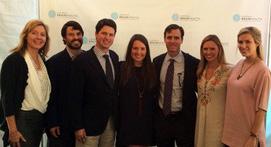

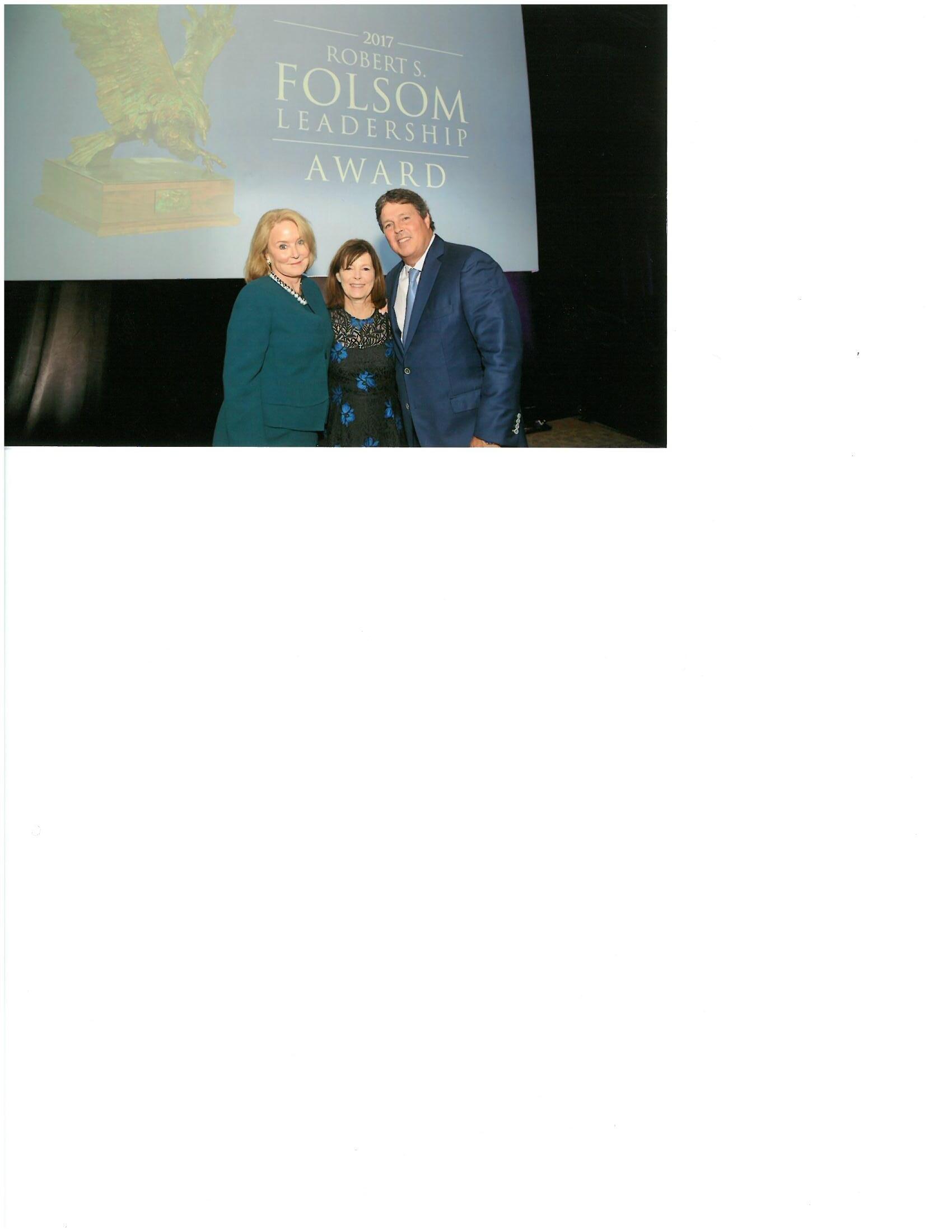
Help BrainHealth Grow South
Capital for Kids is raising money to help middle school teachers raise students’ test scores. The capital comes from financial industry volunteers who raise money to provide grants to community programs.
For the past two years, the Center for BrainHealth has benefited from the organization’s break-the-cycle funding, aimed at education and counseling for children in underserved areas.
Executive committee member Dawn Blankenship Hennessy says partnering with the Center for BrainHealth aligns with Capital for Kids’ mission of supporting student achievement. “Training teachers to educate children in a stronger, better way of learning is critical to the students’ chances of success,” said Ms. Hennessy.
Through grants from Capital for Kids, clinicians at the Center for BrainHealth are training middle school teachers to help students with abstract reasoning and deeper-level thinking skills. Support from Capital for Kids is allowing the Center for BrainHealth to expand its MSBY (middle school brain years) program to Dallas schools that are part of Mayor Mike Rawlings’ Grow South initiative, a drive to create more opportunity in the city’s southern section. MSBY has been shown to approximately double commended scores on reading, math, science and social studies.
for many years, through her generosity and other private donations, there is no cost to warrior training participants.
About that name — “Moozie” is the endearing name her 19 grandchildren call her, and the Brain Performance Institute is proud to be a recipient of one of its first donations.
We are so grateful for the opportunity to be a part of this important initiative to give all children a chance to become big thinkers,” said Dr. Sandra Bond Chapman, Center for BrainHealth’s founder and chief director.
Capital for Kids was founded in 2005, raising over $300,000 in its first year. Since then, it has raised $14 million in support of over 100 different organizations. With overhead costs provided by volunteer board members, 100 percent of the dollars raised go directly to support children and students throughout DFW.
the folsom family
“
Soon after my father was diagnosed with Alzheimer’s disease, I heard Dr. Chapman speak and decided to take my dad to the Center,” said Diane Folsom Frank. “Since then, my brother, sister and I have been extremely involved.”
Center for BrainHealth’s Brain Matters Newsletter page 6
Lynn Mahurin, Bowmer Sands, Storm Sands, Caroline Harrison, Lowell Sands, Haven Heinrichs, Julia Sands
CELEBRATING DONORS
Caroline Rose Hunt
Diane Folsom Frank, Debbie Jarma and Steve Folsom
“
Allison Baker and Dawn Hennessey
2018 LECTURE SERIES
SPONSORED BY:
expert insights and tips from our february lecture series speakers








Your Brain on Tech: Promises and Perils of Technology Use in the Developing Brain

Lin Lin, PhD, and Lori Cook, PhD

Teenagers report at least sometimes doing homework while using another medium, including TV, social media, texting and listening to music. This can negatively affect academic performance and learning. Parents can model positive behavior by eliminating charging stations from bedrooms and limiting technology use during family time and when engaging in activities that require deeper-level thinking.
Preventing Alzheimer’s: The Latest Science
Murali Doraiswamy, MD


After an Alzheimer’s or dementia diagnosis, it may be tempting, as a caregiver, to remove all decision-making responsibilities from your loved one and limit their interaction with the world. But research shows that it is important to find safe ways to keep them involved and engaged with their lives. Maintaining independence and a feeling of relevance is important to stave off further cognitive decline.

Sleep and Circadian Rhythms: The Brain Benefits of Getting Enough Sleep
Russell Foster, PhD


Getting enough sleep helps your brain problem-solve and process information. If you oversleep on the weekends, if family and friends tell you that you are irritable, if you lack empathy – you are not getting enough sleep. Getting daylight exposure right can help. Tips for better sleep: If you are a night owl – try and get as much morning light exposure outside as possible –this will advance your body clock and help you get up earlier. However, early risers can benefit from early evening light exposure, which will move the body clock later and help you wake later.
Big Potential: Creating Success at School and Work by Making Others Better

Shawn Achor
Happiness is defined as the joy you feel as you work toward your potential. It is not a constant smile on your face and overly optimistic outlook. If we sugarcoat the present, we don’t make strides in the future.
The Greystone Foundation Lecture
The Dianne and David Cash Lecture
The Sammons Enterprises, Inc. Lecture
Center for BrainHealth’s Brain Matters Newsletter page 8
The Laurie and Todd Platt Lecture
Shawn Achor
Murali Doraiswamy, MD
Lori Cook, PhD, and Lin Lin, PhD
Russell Foster, PhD
Samara Kline and Andy McCarthy
Stacy Juetten, Melissa Reiff, Debbie Francis and Lindsey Lott
Dianne Cash and David Cash Sanjiv Das and Susan Garcia
Peni Barfield and John Harkey
Linda and Joel Robuck Ken Schnitzer and Tonja Wells
Janis and Roy Coffee Biddie and Lee Roy Jordan Julie Musselman, Sandi Chapman and Brill Garrett
Peggy Dear and Hester Parker
Research Network based at the University of New Mexico.
to push forward in directions that are exciting and
“Jane and Bud are essential because they enable you
research over a decade ago.
and Bud Smith to get involved with brain health
Being a part of new discoveries is what inspired Jane
Alzheimer’s, allowing for faster and more accurate diagnosis.
neurological diseases such as schizophrenia and
connectivity, provide a deeper understanding of
dynamic connectivity.” Advancements in brain imaging, in particular, dynamic
brain activity throughout a set period of time, so-called
developing tools that will capture the ebb and flow of
need to reflect that,” Dr. Calhoun explained. “We’re
“The brain is very dynamic, so connectivity patterns
understand markers of brain health.”
excited to work with Dr. Calhoun to better define and
of neurological and psychiatric conditions. We are
techniques toward gaining a better understanding
for neuroimaging data. He has elegantly applied these
leader in developing new data-analytic techniques
imaging game-changing, “Dr. Calhoun is a world
Daniel Krawczyk calls Dr. Calhoun’s work in brain
Deputy director of the Center for BrainHealth, Dr.
the brain’s functional connectivity.
brain regions talk to one another — producing maps of
it. Using fMRI data, Dr. Calhoun visualizes how different
analyze brain-imaging data and extract meaning from
for BrainHealth. Dr. Calhoun’s research focuses on novel ways to
as the Jane and Henry J. (Bud) Smith chair at the Center
Calhoun, one of the nation’s top brain imaging experts,
The Center for BrainHealth has secured Dr. Vince
engineering from the University of Maryland. He serves as president of The Mind
systems at Johns Hopkins University. Dr. Calhoun holds a PhD in electrical
Vince
Dr. Calhoun trained in biomedical engineering and information
Jane and Henry J. (Bud) Smith chair at the Center for
brain-imaging data starting this summer.
are part of a new consortium that will share and analyze
overcome the lack of data-sharing infrastructure and
Dr. Calhoun and the Center for BrainHealth want to help
in the research pipeline.”
infrastructure needed to share and analyze data already
one of the primary barriers is the lack of technological
the science is advancing in various research centers,
a mystery; little is known about how it works. While
decade, Dr. Calhoun says, “The brain is still very much
Despite advances in brain imaging over the past
Grand Hall was named in their honor.
Performance Institute opened its doors, the building’s
highest tribute, the Legacy Award, and when the Brain
were honored in 2013 with the Center for BrainHealth’s
In recognition of their ongoing support, the Smiths
techniques for imaging and analyzing brain functionality.
brain health at the new Brain Performance Institute to
to welcoming people who are taking charge of their
of science: from the treatment of military veterans
endowed in 2005. Since then, it has funded many areas
The Smith chair at the Center for BrainHealth was
chair, enables the ideas to be developed.”
then anything you can do financially, like establishing a
believe in something, and they need help to get it going,
we didn’t see that back then,” said Mrs. Smith. “If you
“A lot of people are interested in the brain now, but
partners to advancing science.
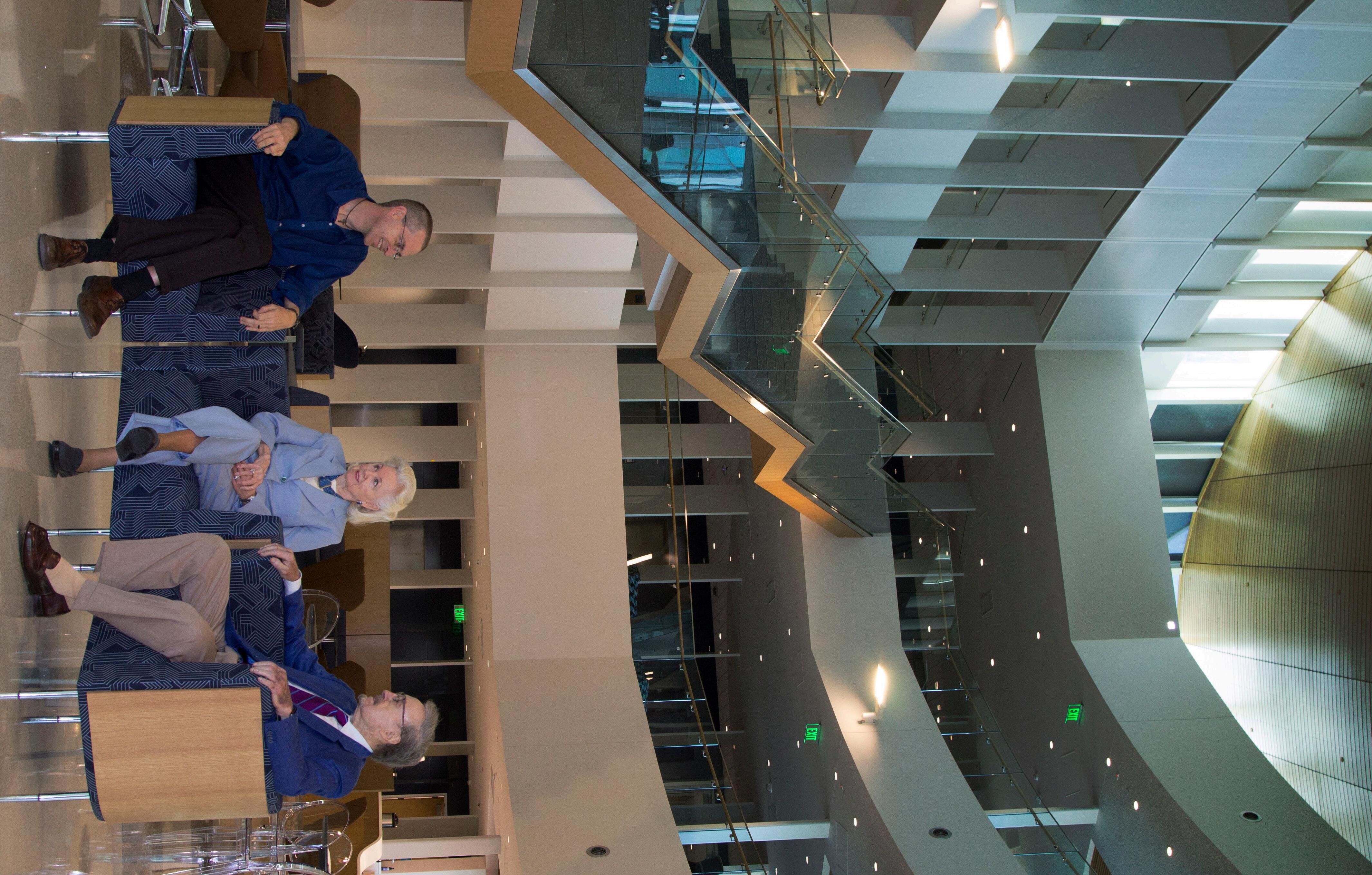
said regarding the importance of private philanthropy
not be able to get grant funding for,” Dr. Calhoun
big ideas that can change the field –areas you may
visionary.
Support like theirs is really jump-starting
Brain Imaging Expert Installed as Jane and Bud Smith Chair
DECODING
BRAIN
THE
Dr.
Calhoun,
BrainHealth.
“We are excited to work with Dr. Calhoun to better define Center for BrainHealth’s Brain Matters Newsletter page 8
and understand markers of brain health.”









































